|
The Dirty Sponge
We all need towels, rags, or sponges to clean hard surfaces in our homes. The ubiquitous sponge is a very common one found in virtually all kitchens and most bathrooms. They are used to clean everything, from dishes to countertops to stovetops and more. And while we tend to toss paper towels into the garbage can, or wash cotton or other cloths when we do the laundry, at times the sponge can be used and reused and weeks—even months—can go by without cleaning the sponge itself. How can you clean and reuse sponges? According to the United States Department of Agriculture (USDA), your microwave or dishwasher is one of the best ways to clean them and kill bacteria simultaneously. They can eliminate nearly 100 percent of bacteria, helping you to maintain proper hygiene practices. For cleaning and disinfecting sponges in the microwave, thoroughly wet the sponge before putting it inside. Do not microwave a dry sponge, that’s a fire hazard. Microwave the wet sponge on high for just one minute. That zaps the bacteria. Take it out, thoroughly wash it with soap and water, and wring it out and you now have a fresh, clean, healthy sponge to use again. Your dishwasher is effective as well, but not as quick. When you wash your dishes, put it on the top rack and let the dishwasher do all the work. It’s pretty simple. Having the drying option activated means it gets that high heat, which will kill bacteria. But there comes a time when you need to make a hard decision. Yes, that sponge has been faithful, but a kind but firm farewell is warranted after so many uses. The USDA recommends replacing sponges every two weeks to minimize the risk of bacteria buildup and even more often if they get a funky odor. Most do not follow this recommendation, but it's an option if your budget for sponges is healthy. Other maintenance tips include wringing them out in hot water after every use and allowing them to dry completely by putting them in a spot that provides fresh air and even sunshine, which is often possible in a kitchen. Keeping your home nice and clean and healthy is important, and besides doing some of the tasks yourself, there is a better way. Call your favorite cleaning company today, especially for those tough project jobs such as tile and grout cleaning, carpet cleaning, and furniture care. After all, it pays to call a pro! Create a No-Pet-Hair Furniture Zone
As pet owners, we love our furry creatures and the company and comfort they bring to us. But with that is one challenge we often face: Dealing with pet hair on our furniture. If you're tired of constantly battling pet hair on your sofa, loveseat, chairs, or anything that is made of cloth, here are some effective strategies to keep your furniture looking clean and pet-hair-free. Vacuum for the Deepest Clean The most basic and efficient method to removing pet hair from your furniture is by thorough, detailed vacuuming. Regular vacuuming using an upholstery brush attachment can remove loose pet hair and also embedded dander, which is what causes allergic reactions. If you don't have the proper attachment, consider investing in a universal attachment set with an upholstery brush and a crevice tool for those hard-to-reach areas. There are many small, hand-held devices that are perfect for this. Use Hair Removal Tools Turn to handy tools like sticky rollers and furniture brushes between vacuuming sessions. Oversized sticky rollers or those with extendable handles are particularly effective on upholstered furniture, covering more surface area with each pass. Common Household Items You don't always need specialty tools to combat pet hair. Everyday household items can be just as effective. A straightforward method is to put on a rubber glove, dampen it, and run your hand over the sofa's surface, causing the hair to ball up for easy pickup and disposal. Groom Your Pets Prevention is a great way to keep your furniture pet hair-free. Regularly groom your pet with guidance from your vet or groomer to reduce shedding and maintain a healthy coat. Grooming gloves, which help reduce shedding and straighten hair follicles, can effectively remove pet hair from your couch. Now what? Vacuuming, hair removal tools, everyday household items, textile preparation, and regular grooming of your furry companion can make all the difference in keeping your furniture fresh and comfortable for you and your pets. But there’s more! Don’t forget that removing pet hair is just part of maintaining your furniture. Having your furniture professionally cleaned on a regular basis is recommended. Do the right thing and call your favorite cleaning company now for an appointment. After all, it pays to call a pro! Cleaning Up After the Holidays
Cleaning up after the holidays (or any party) can be challenging, especially when dealing with decorations, leftovers, and the general aftermath of festivities. Here are five good cleaning tips to help you tackle the post-holiday mess effectively: 1. Declutter First: Start by decluttering your home. Begin with the holiday decorations, taking them down and packing them away carefully. Dispose of any broken or worn-out decorations. Also, go through gifts, wrapping paper, and packaging materials to recycle or properly store them. Clearing out the clutter will make the cleaning process more manageable. 2. Deep Clean Your Kitchen: The kitchen is often the heart of holiday gatherings and can accumulate dirt and grime. Focus on cleaning your appliances, countertops, and sink thoroughly. Remember to clean the oven and microwave if you've done a lot of cooking. Wipe down the cabinets and mop the floors. Dispose of any leftover food items that have gone bad, and then organize your pantry and fridge. 3. Tackle Stains and Spills: Holiday celebrations can lead to spills and stains on carpets, upholstery, and tablecloths. Act quickly to clean up any spills, using appropriate stain removers or gentle cleaning solutions for delicate fabrics. Steam clean carpets and rugs if necessary. Launder and spot-treat table linens and cloth napkins to remove food or drink stains. 4. Bathroom Cleanup: Bathrooms can be used often during holiday gatherings. Disinfect and clean the toilet, sink, and bathtub or shower. Replace any used or empty toiletries like hand soap and toilet paper rolls. Wash and replace guest towels and empty the bathroom trash cans. 5. Dust and Vacuum: Dust and vacuum your entire home after the decorations are down and the clutter is cleared. Pay special attention to areas that may have accumulated dust during the holiday season, such as shelves, mantels, and corners: vacuum upholstered furniture, curtains, and blinds to remove any lingering dust or pet hair. Bonus Tip: Divide tasks among family members to make the process faster and more efficient. Put those kids to work! Following these cleaning tips, restore your home to its pre-holiday cleanliness and start the new year with a fresh, organized living space. And when you really need some serious help with any cleaning task, such as carpet, upholstery, tile and grout, do the right thing. Call your favorite cleaning company. After all, it pays to call a pro! 5 Keep it Clean Tips
Keeping your house clean for an extended period involves a combination of daily routines and smart strategies. A tidy home looks appealing and contributes to a healthier living environment. Here are five practical ways to help your house stay cleaner for longer: 1. Establish a Cleaning Routine: Consistency is critical. Set up a cleaning schedule that aligns with your lifestyle. Daily tasks like making the bed, washing dishes, and wiping down countertops can help prevent clutter and dirt buildup. Weekly and monthly tasks, such as vacuuming, mopping, and dusting, should be integrated into your routine. Sticking to a schedule will prevent messes from accumulating and becoming overwhelming. 2. Declutter Regularly: The less stuff you have, the easier it is to keep your home clean. Go through your belongings periodically and declutter by donating or discarding items you no longer need. Implement a "one in, one out" rule to remove an old one when you acquire new possessions. Reducing clutter means less dust and fewer areas for dirt to hide. 3. Use Doormats and Shoe Racks: Place doormats inside and outside your entrances to trap dirt and debris from shoes before entering your home. Implement a no-shoes-indoors policy or provide a designated shoe area near the door. This will significantly reduce the amount of dirt and grime tracked through your house. 4. Invest in Quality Cleaning Tools: Quality cleaning tools can make a big difference. Invest in a good vacuum cleaner with a HEPA filter to remove dust and allergens effectively. Microfiber cloths and mop heads are excellent for trapping dirt and are easy to clean. Additionally, consider using eco-friendly cleaning products to maintain a healthier home environment. 5. Practice Preventative Measures: Preventing messes in the first place is one of the best ways to maintain a cleaner home. Business covers on furniture to protect against spills and stains. Use coasters for drinks to prevent water rings on tables. Encourage family members and guests to use trays or placemats when eating in common areas. By implementing these small preventative measures, you can reduce the likelihood of dealing with extensive cleaning tasks later. We all know a clean home requires dedication and organization. And when you need specialty cleaning, such as for carpet, upholstery, or other cleaning tasks, call your favorite cleaning company. After all, it pays to call a pro! A Sticky Issue: How to Remove Gum
Despite its refreshing taste and breath-freshening abilities, chewing gum often finds its way onto and into places it doesn’t belong, stubbornly sticking to surfaces and creating a mess. Fortunately, removing gum isn’t terribly tedious if you know the proper methods. Chewing gum is challenging to remove when warm, so hardening it is the first step in any gum removal process. This can be achieved by using ice cubes or freezing the gum-adhered item, making removing it easier without stretching or damaging the underlying surface. Fabric, carpet, and rugs For fabric, carpet, or rugs, apply an ice cube directly to the gum, rubbing it until it hardens. Placing the gum in the freezer is an efficient alternative if it is on a small, portable item like an item of clothing. Consider putting the ice cube in a plastic bag for rugs or carpet to avoid soaking the material with water. Once the gum hardens, gently scrape it off using a blunt knife, like a dinner or putty knife. Though it requires effort, being cautious can help avoid damage to the fibers. Hair Removing gum from hair necessitates a slightly different approach. Instead of hardening the gum, applying cooking oil or another natural lubricant (some use peanut butter) can ease the removal process. Gently work the substance into the gum and surrounding hair before carefully picking or combing out the gum. This method requires caution, especially when working on someone else, as it can be painful. Alternatively, one can use the freezing process to ‘crack’ the gum off, followed by an oil treatment to remove all remnants. Persistence Regardless of the method used, removing gum demands patience and careful handling. Sometimes, it may require combining techniques, especially for more stubborn pieces. However, diligent application of these methods usually results in successful gum removal, leaving the surface unharmed. By approaching this sticky situation with patience and the proper techniques, you can ensure that the unwelcome gum finds its way out without leaving a trace behind. But at times this type of sticky situation is just too much to handle on your own, such as when gum is embedded and hardened into your carpet or expensive area rug. When that happens, you have a resource you can rely on: Your favorite cleaning company. Do the right thing and let them handle this. After all, it pays to call a pro! 7 Ways to Triumph Over Clutter
Decluttering and organizing one's home can be overwhelming, especially when you are overtaken by too many things collected over the years. Stuff piles up! When that happens, and you can’t take it any longer, it’s time to act. Here are a few ways to triumph over clutter. Set clear goals Before you begin, have a clear goal. Why should you get rid of “stuff”? Are you looking to improve appearances or make room for more “stuff”? Having an objective in mind is going to help with this. Plan and prioritize Keep this manageable. Don’t try to do the entire house in one session. Break it down into manageable tasks. One room at a time. Prioritize based on which areas are most in need or which will provide the most satisfaction once organized. The famous four-pile method You have heard it before. Put things in designated piles. But this is the modern era, so use boxes instead. Have four boxes labeled: Keep, Donate, Trash, and Recycle. You know how you value items so putting them in appropriate boxes should be easy. This will help you stay focused. Organize systematically Once you’ve decluttered, keep the momentum going. Use containers to keep it all in the proper place. Use labels. Zone your spaces, maximizing the use of closets, cupboards, and drawers. Everyone should know where stuff is when they need it. Documents Documents and papers are “stuff” as well. Most opt for digitizing these unless there is a legal reason to have a paper copy. Don’t throw away papers unless you are sure you won’t need them. Photographs, scanned copies into your computer, and all kept in the cloud… use digital technology to help save space and keep documents organized. Transforming Your Car
One of the costliest purchases you will ever make includes your vehicle. You agonize over deciding what type of make or model to purchase. And when that day comes, you are pleased with your choice. A shiny new (or gently used) car is something you value. But over time, your car’s appearance can take a beating, inside and out. While running your vehicle through a car wash is a simple way to keep the exterior clean, the interior is another story. Many consumers turn to the pros for detailing work, and it is tough to match the quality a professional detailing company can provide. But you can achieve impressive results if you do it yourself, using a few basic tools and products. To get started (and we will discuss only the interior here) gather the necessary tools and cleaners. This may include glass cleaner, cleaning solutions, cloth towels, paper towels, a quality vacuum with attachments, and other items you may find you need to do the cleaning. Start with decluttering. Go through your car and remove and discard anything you don’t need. You may find empty coffee cups, and a few wrinkled French fries, it’s amazing what can build up over time in a vehicle. Give the entire interior a thorough vacuuming, and spend plenty of time in the nooks and crannies. Get into the crevices of all the upholstery. Then start wiping everything down, using your cleaning solution and towels (cloth or paper). Find a starting point and start working, cleaning all surfaces except the glass. You will do that later. Wash surfaces, dry them, and inspect them. Redo those areas if not to your satisfaction. Use cotton swabs for the tiny areas you can’t reach with a cloth, such as an air vent. Allow your cleaning solution time to dwell on hardened soils, which are usually food-based. Do the interior glass last. Using your glass cleaner, first clean each window, and then re-clean them. The first cleaning removes the heavy soil and residue buildup and the second polishes it all so you don’t have streaks. You need good lighting to do this, so be sure to set that up in advance. Using a soft, lint-free cloth to go over the glass after cleaning often helps remove final smudges. All this being said, your favorite cleaning company would be happy to handle all of this for you, with professional results. Give them a call for a quote today. After all, it pays to call a pro! Emergency Pet Urine Removal Tips
Our furry friends bring you joy, companionship, and unconditional love, but they can also leave behind unwanted surprises in the form of pet urine. Whether you have a new puppy still in the process of house training or an older cat with occasional accidents, dealing with pet urine of any type can be a challenging task. However, with the right strategies and quick action, you can effectively remove pet urine and keep your home fresh and clean. Here are some emergency pet urine removal tips to help you tackle the situation promptly and efficiently. This applies mainly to carpeted surfaces. Prevention is key To minimize “accidents”, establish a consistent routine for your pets, including regular bathroom breaks, training sessions, and providing appropriate litter boxes or areas. Promptly clean up accidents and use positive reinforcement when your pets use the correct area. Act fast! The key to successful pet urine removal is to act quickly. The longer urine sits on surfaces, the more it soaks through the carpet and nto the pad and subfloor and the more difficult it becomes to eliminate resulting odors — and stains. As soon as you discover a pet accident, grab some paper towels or an absorbent cloth and blot the urine to soak up as much liquid as possible. Keep blotting until no more urine is noticeably absorbed. Products to use The safest product to use is warm water. But there are over-the-counter products that sometimes work fine. From enzyme cleaners and deodorizers to products that break down urine components and allow for easier removal, there are plenty of choices at your grocery or department store. But be very careful as many times overuse of these products can cause more damage than good. Be sure to avoid strong products, such as with ammonia. Ammonia is something that may actually attract pets to a spot and cause more issues. Stick to mild solutions. Deep cleaning For carpet and rugs, it's essential to thoroughly clean both the surface and the underlying padding. Blot up as much urine as possible, then call a pro. Although you can clean the area with a rental machine or one you have purchased, it’s not the same as a thorough professional cleaning. At a minimum, contact your favorite cleaning company for advice and the next steps to ensure your home doesn’t start to smell of pet urine. After all, it pays to call a pro! |
Unique Upholstery Carpet & Rug Cleaning Northbrook IL
Call 847-459-1600 Archives
March 2024
Cleaning OutPost
|
Would you like to get your own OutPost Site? Cleaning and restoration firms who are MarketingZoo.com members get
|
CleaningOutpost.com Directory of Cleaning & Restoration Businesses is a service offered by MarketingZoo.com
Copyright 2015 Thinkshortcut Publishing, LLC
Copyright 2015 Thinkshortcut Publishing, LLC

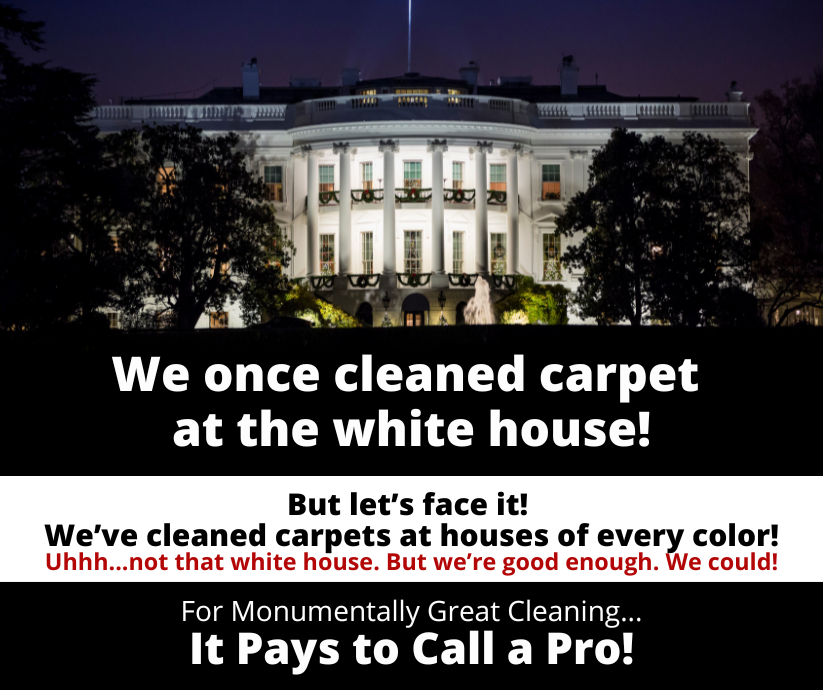

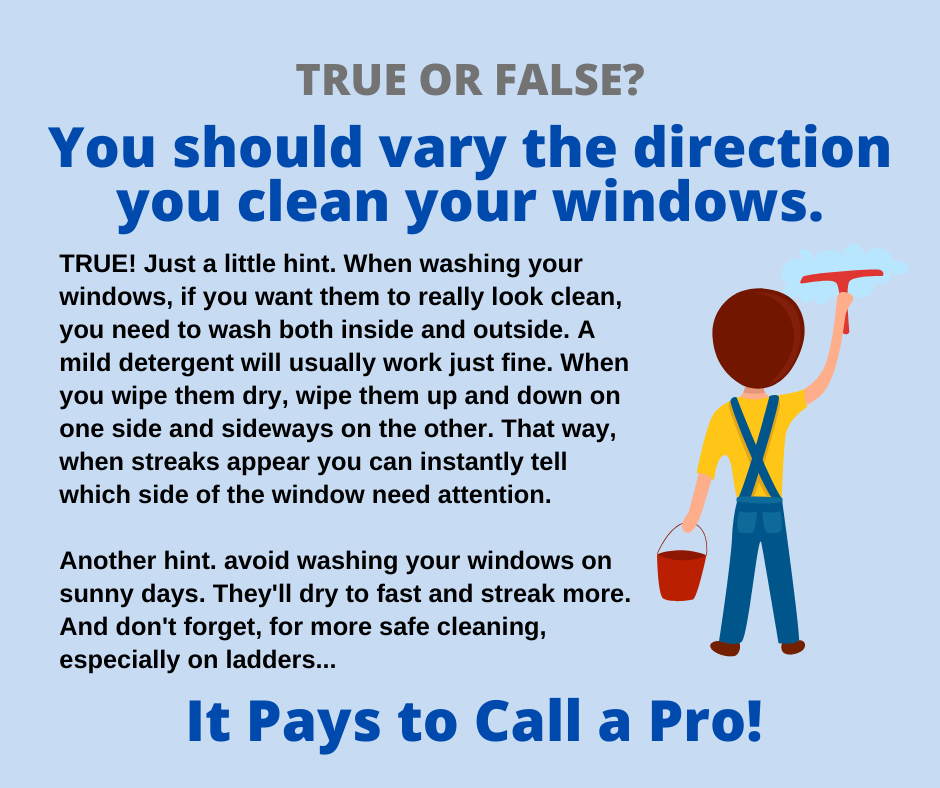
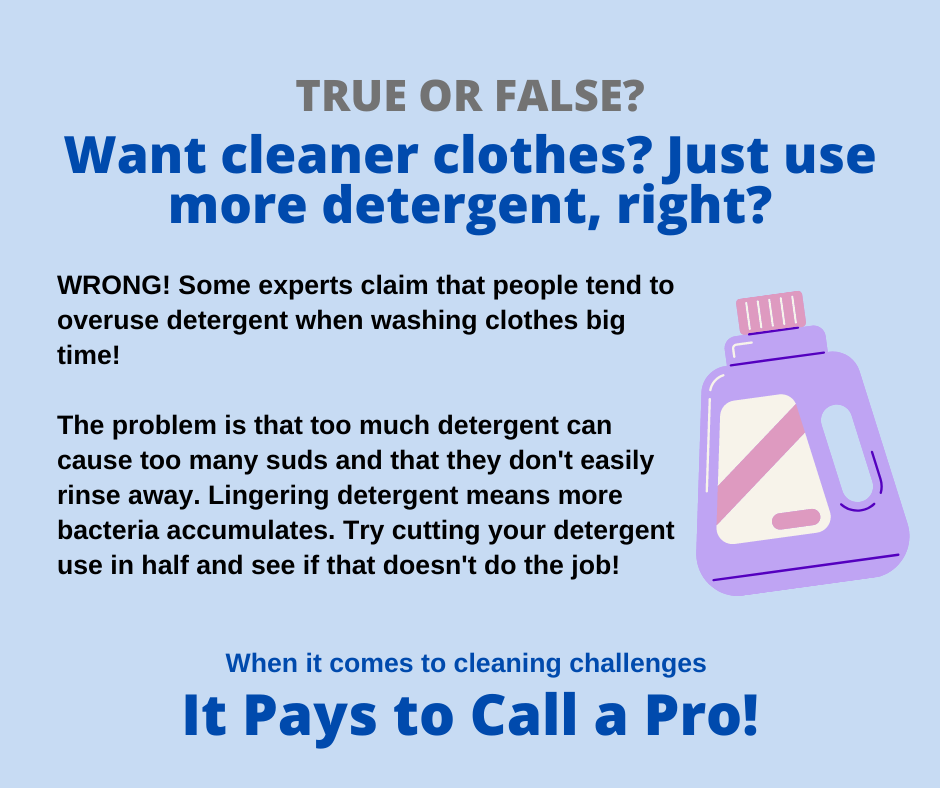
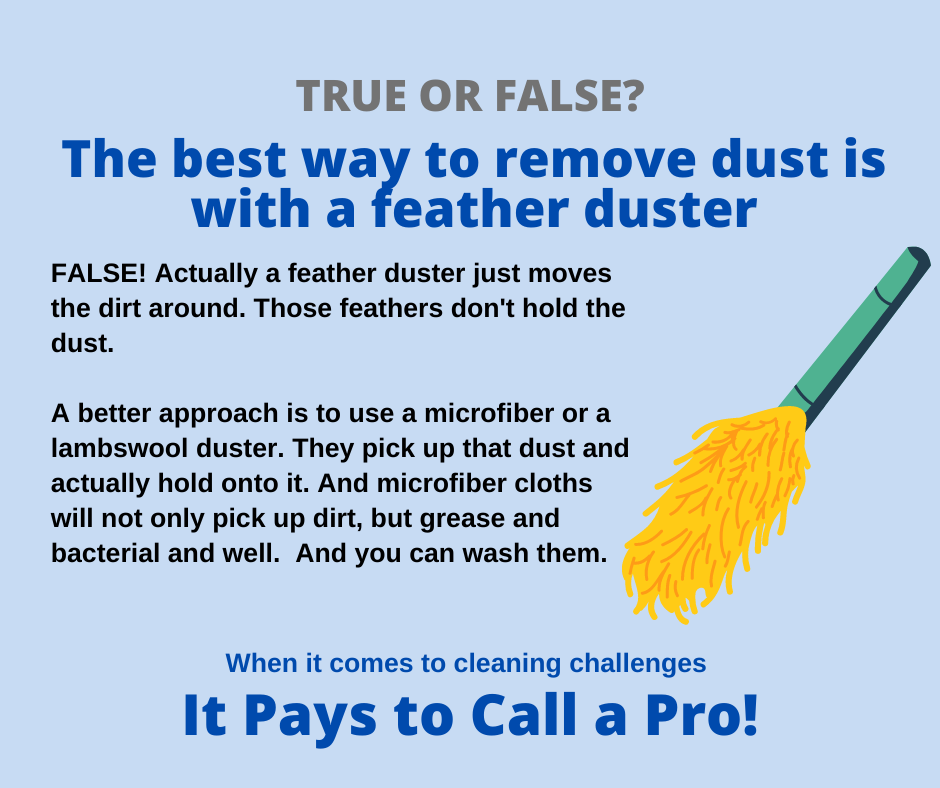
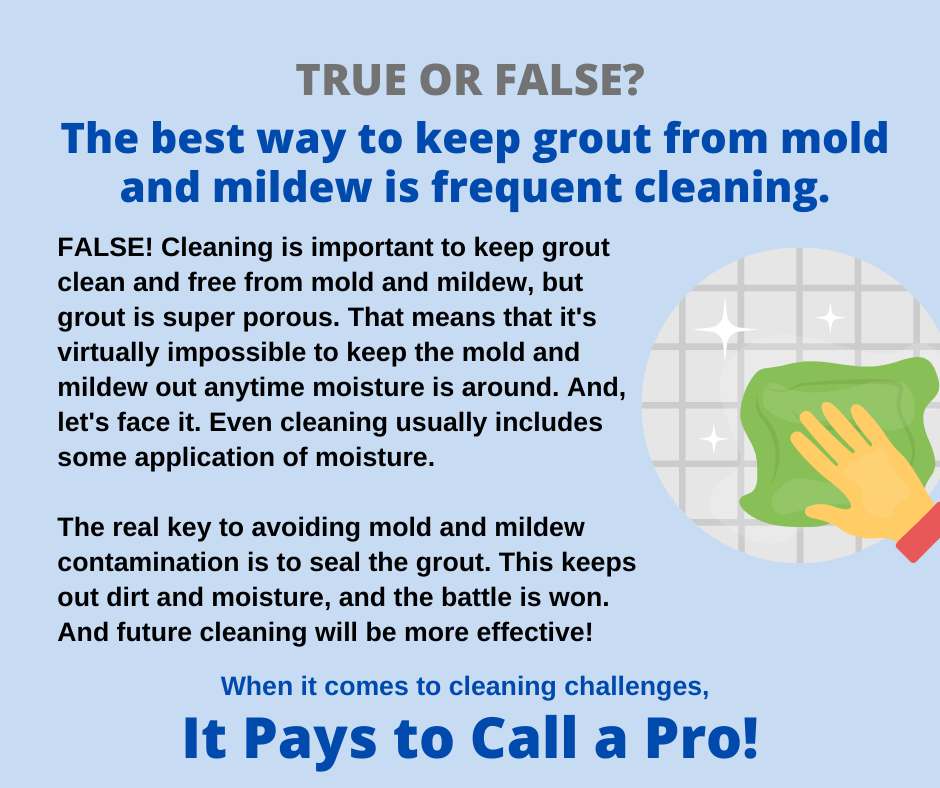
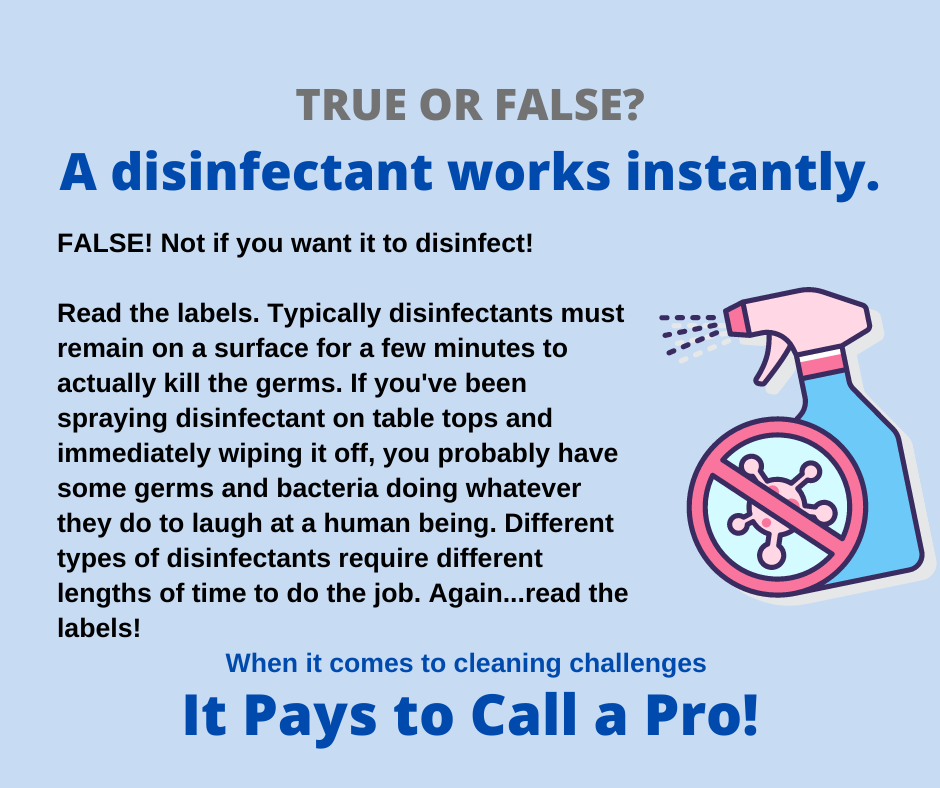
 RSS Feed
RSS Feed
